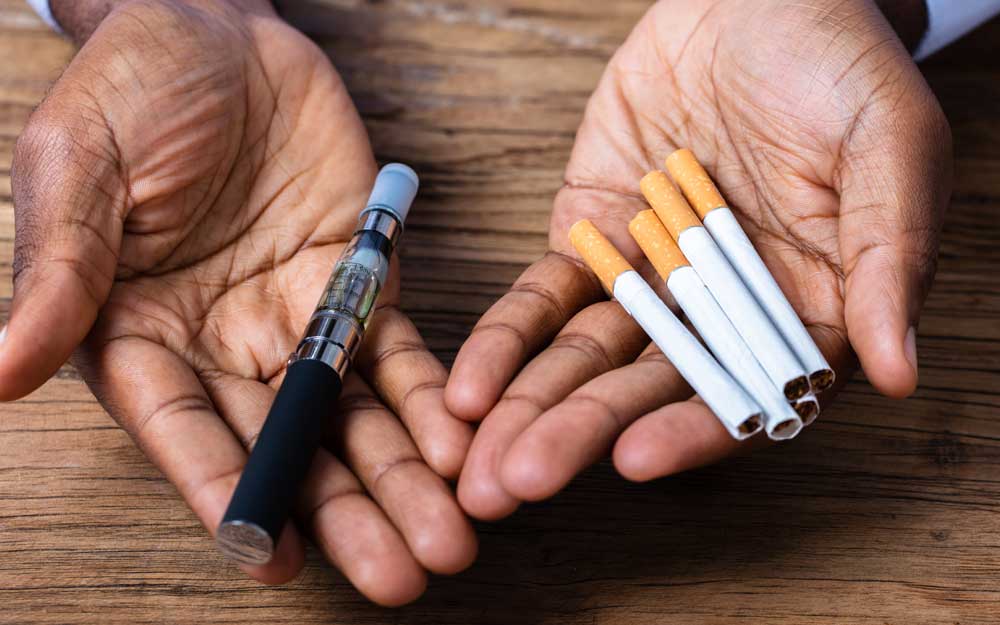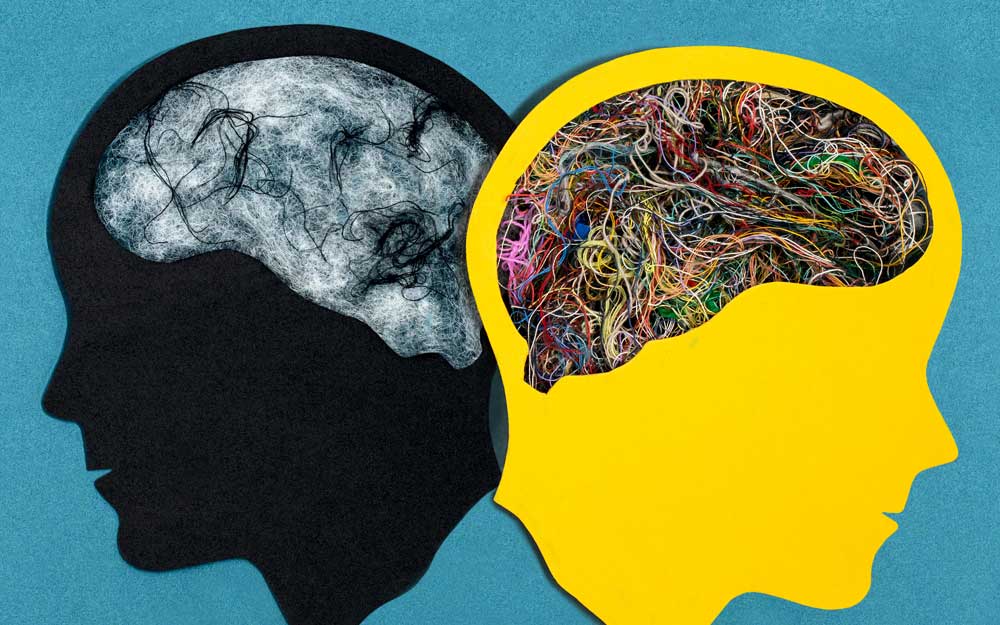
A typical day in Rogers residential care for Eating Disorder Recovery
Each day of our residential care for those struggling with eating disorders is structured in a way to assist patients in meeting treatment goals and improving quality of life. The dosage of therapy in residential care is much higher than what you’ll see in traditional outpatient or even Rogers’ more intensive outpatient care. However, breaks and leisure time offer balance and prevent patients from becoming overwhelmed.









